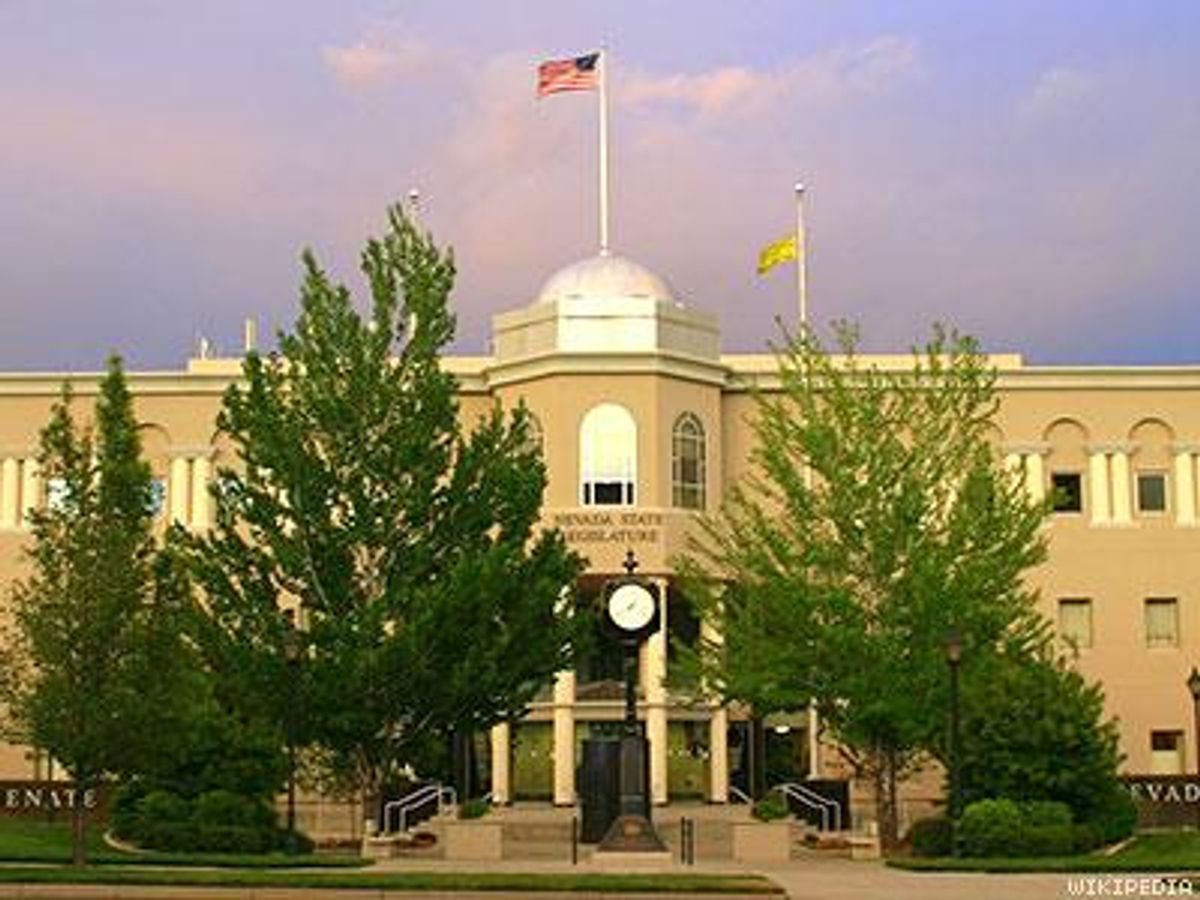When it came time to vote or get off the pot, Nevada state assembly members pulled the handle and flushed away a controversial measure that would require students to use bathrooms corresponding to their gender assigned at birth.
The Reno Gazette-Journal reports assembly members voted 22-20 against AB 375 last night, mostly along party lines. But five Republicans crossed the aisle and joined the entire Democratic membership in defeating the measure.
The bill would have not only made it illegal for students to use any bathroom or locker room not corresponding to their "biological sex," as the proposed legislation described gender, but it would also require schools to provide separate facilities for transgender and intersex students, apart from cisgender students. That prospect reportedly led to criticism that the measure would lead to increased costs for schools, as they would need to build or allocate separate facilities for trans and intersex children.
"This is a tiny, tiny portion of people we're talking about," said Republican Assemblyman Ira Hansen, who pushed for the bill's passage. "The idea that this is going to be some big, backbreaking thing doesn't hold up."
Democrats and transgender advocates lobbied successfully that expensive legal challenges lay ahead if the bill was not defeated.
"This bill is a bill in search of a solution to a nonexistent state problem," Democratic Assemblyman Elliot Anderson said during yesterday's hearing. "It will be litigated, and it will cost the state money."
Mari St. Martin, a spokeswoman for Nevada Gov. Brian Sandoval, said even if the bill had passed and somehow reached the governor's desk, he had strong concerns about any legislation that "targets students based on their gender expression, or potentially sanctions discrimination."
Yesterday was the last deadline for bills to pass, meaning this measure is now dead and can't be revived. However, Hansen says he's not giving up and may work toward introducing a ballot initiative, toward his stated goal of protecting student privacy in sensitive places like locker rooms and bathrooms.


















































































